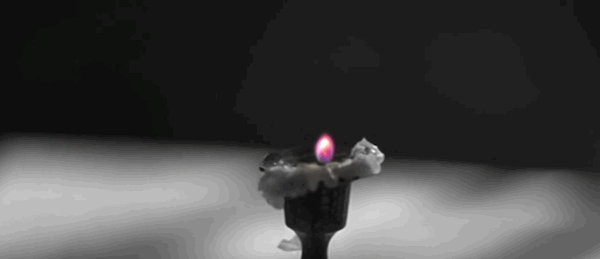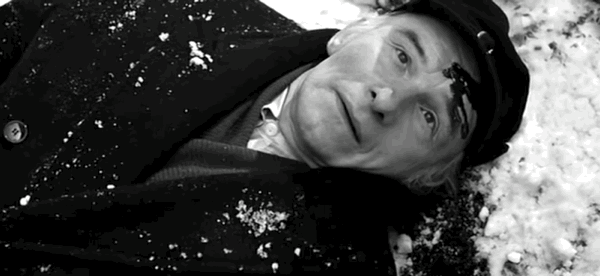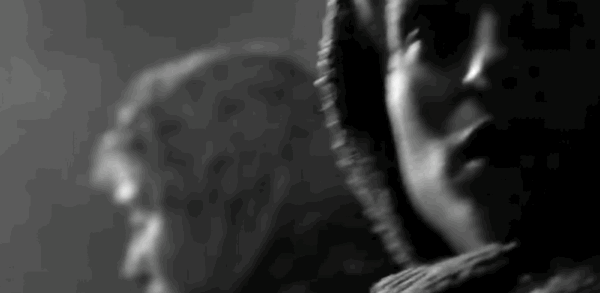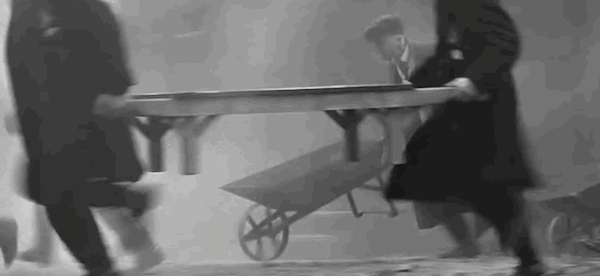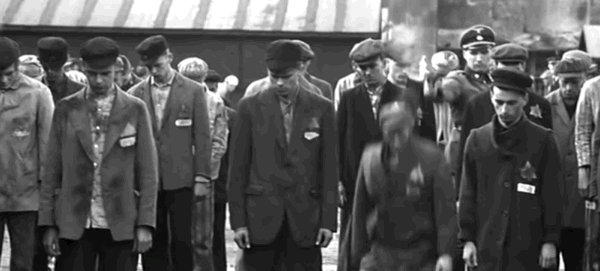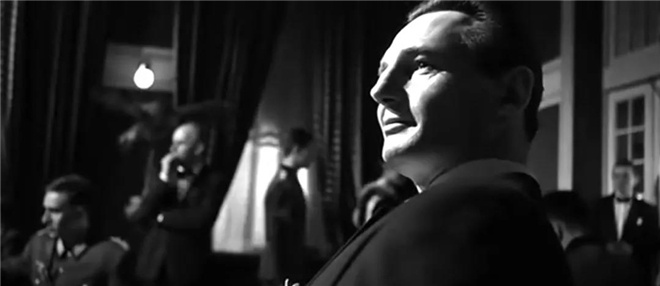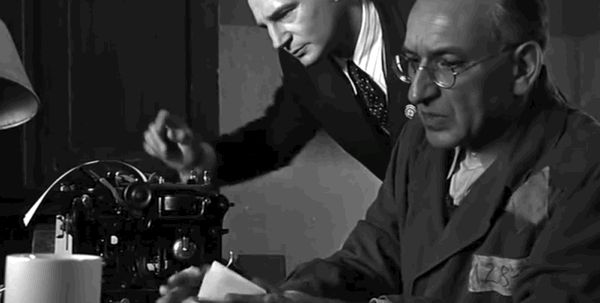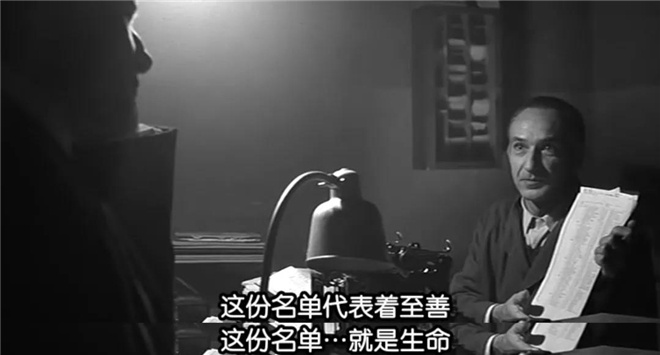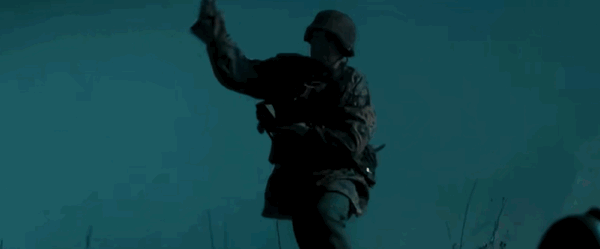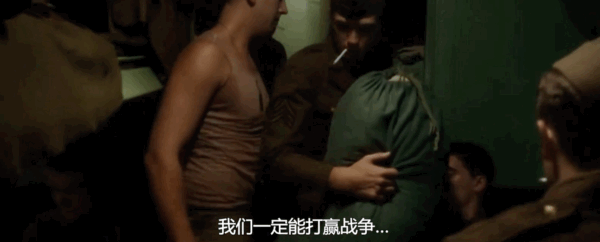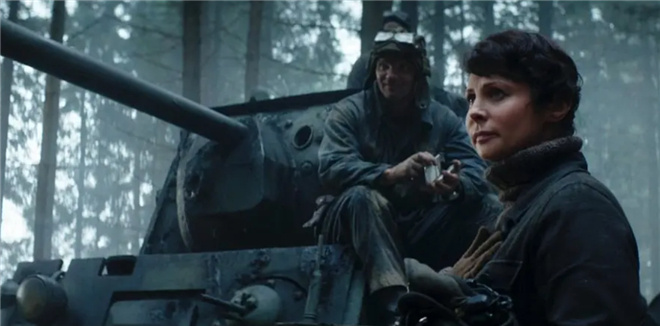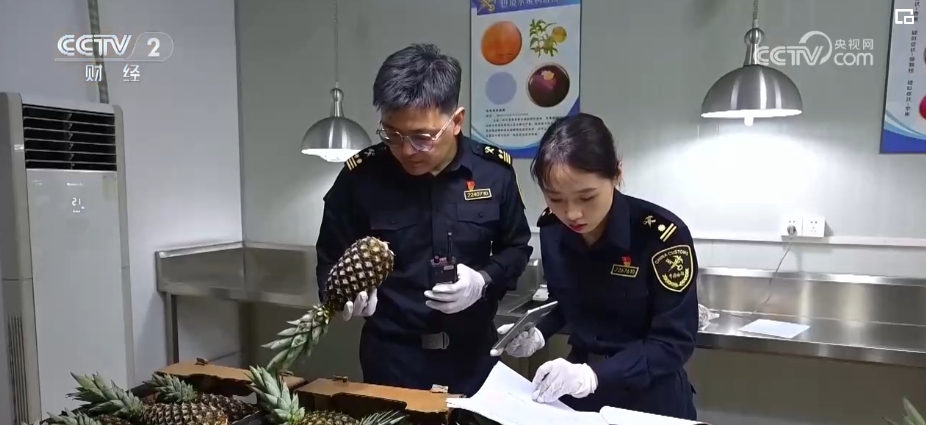Cctv news(Reporter Wang Jingyuan): When you walk into the Red Mansion located in the compound of Bomi County Committee in Tibet, the first thing you see is a photo wall with photos of more than 200 old people, and there is a line above the photo: Pay tribute to the 18th Army and be grateful for the "old Tibet".
At the beginning of 1950, the central government decided to liberate Tibet. At that time, the 18 th Army, originally scheduled to be stationed in rich southern Sichuan, was urgently ordered to become the main force to carry out this arduous task. Building roads, bridging bridges, counterinsurgency and construction, eighteen officers and soldiers dedicated their youth to the Tibetan Plateau, making great contributions to the liberation and construction of Tibet.
In 2018, bomi county decided to transform the Red Mansion into a red historical memorial hall, and an action to find veterans of the 18th Army and save historical memory began.
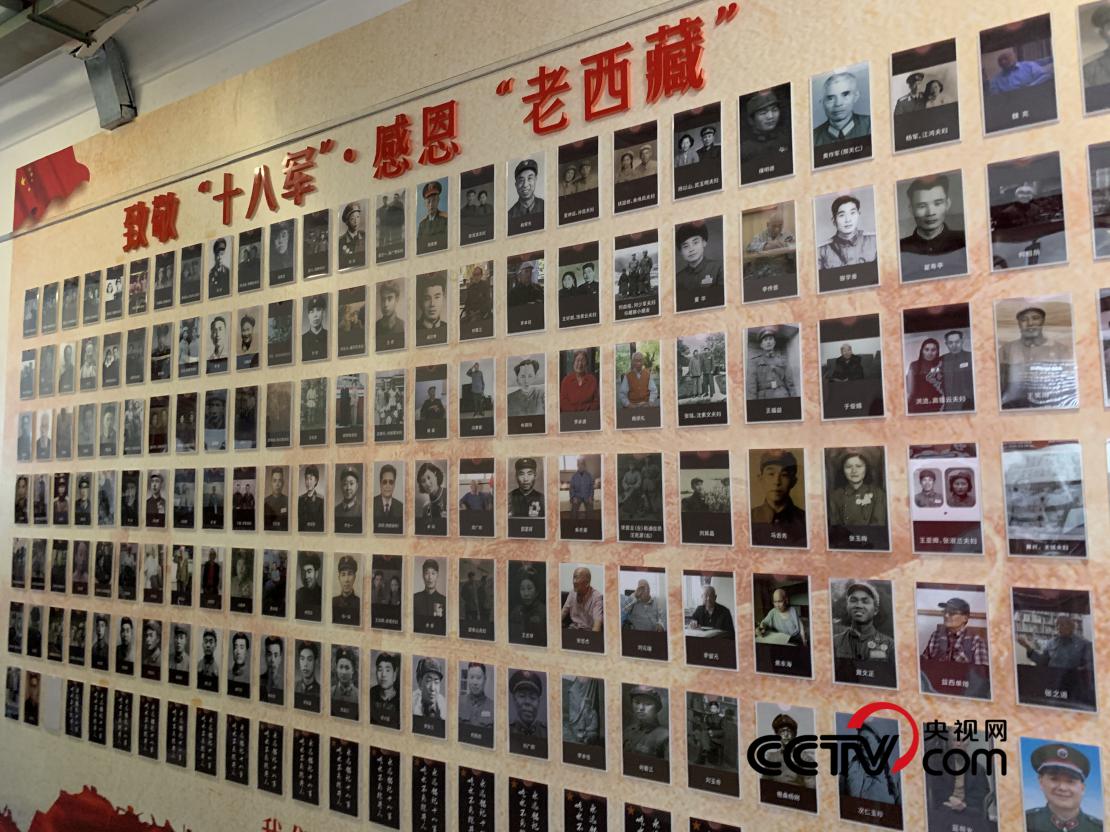
(Photo wall in Bomi Red Building, photo by CCTV reporter Wang Jingyuan)
An action to save historical memory
Zhang Qingchong was blocked from the door for the seventh time. It has been more than three months since he came to Chengdu on business this time, and time is limited. He can’t wait any longer.
The next day, originally planning to return to Linzhi, he once again stood outside the home of an old soldier of the 18th Army. He was unwilling and wanted to try his luck at last. Zhang Qingchong lives in the guest house opposite the old man’s house. Every morning before going out, he will knock on the door. "If I still don’t open the door this time, I won’t knock for the ninth time. I can only say that we don’t have this fate."
The eighth time, the door finally opened a crack. As in previous times, the first sound came from the nanny’s bristle, "Are you bored? You knock at the door as soon as I cook in the morning. How many times have I said that he won’t see you? "
Jasmine Zhang chong quarreled with the nanny through a door, when the old man came over and said, "Open the door for him." Jasmine Zhang chong can hear that the old man’s tone is not friendly, but he can’t bear so much. He seems to have won the lottery with excitement. Before the nanny opens the door, he pushes the door open.
The veteran of the 18th Army was a propaganda officer and a war correspondent of the 155th Regiment of the 52nd Division of the 18th Army in Tibet. Born in 1928, he joined the army in 1945 and experienced many battles in southern Hunan, Qamdo, Lhasa and Shannan. The purpose of Zhang Qingchong’s trip is to collect old photos and objects of the old people after they entered Tibet with the army, and bring them back to the Red Mansion Memorial Hall in bomi county, Linzhi, Tibet. If all goes well, they will be exhibited as exhibits in the future.

(Photo by CCTV reporter Wang Jingyuan in the corner of the exhibition hall in the Red Building)
There is a reason for the old man’s resistance to Zhang Qingchong. In 2008, someone took away his old photos in the name of a reporter. At that time, the other party said that he would send the original back after photocopying the photos, but it never appeared again. "After being cheated in 2008, I suddenly realized that I was really old. When I was young, I also worked as an underground party. You know, no one can fool me." Since then, anyone who came for photos has been turned away by him.
At first, the old man was still wary of Zhang Qingchong, but chatting, he suddenly got up and walked into the bedroom. When he returned to the living room, the old man had a bunch of old black and white photos on his hand. "You didn’t know how happy I was at that moment."
Zhang Qingchong gave the old man his ID card and camera, and promised to send the photos back as soon as he finished printing the electronic version downstairs. As a result, he was stopped by the security guard as soon as he got downstairs. A few minutes later, the old man’s son also rushed back from the unit, and he was going to grab the photos in Zhang Qingchong’s hand without saying anything. In a push, the nanny also ran down from upstairs, pointing to Zhang Qingchong and calling him a liar.
Fortunately, the misunderstanding was finally solved. After returning to the hostel, Zhang Qingchong looked at the cars coming and going on the road, recalling those strange eyes a few hours ago, and couldn’t help crying. He buried his head in the pillow, and his tears soaked the sheets. "Why don’t so many people understand what I did?"
It is not easy to win the trust of veterans and their families, which is the most important work of Jasmine Zhang in the past three years.
Bomi Red Mansion refers to the Red Mansion of Zhamu Center County Committee, which was built in 1953 and located in the compound of bomi county government. This red wooden building witnessed the development of Tibet’s revolutionary history, and successively assumed the functions of government office, staff dormitory and war command center. In 2018, bomi county decided to transform the Red Chamber into a red historical memorial hall, and handed over the exhibition work to Zhang Qingchong, a journalism major.

(Photo by Wang Jingyuan, a CCTV reporter from Bomi Honglou, surrounded by mountains)
Zhang Qingchong was very interested in history since he was a child. After hearing the news that the Red Chamber was going to be exhibited, he took the initiative to apply for participation with the county leaders. At first, he thought the work was very simple. Until he started to prepare, Zhang Qingchong found that Bomi began to compile local chronicles in 2007, and the historical materials of the revolutionary period were extremely scarce. The latest photo of the Red Chamber was taken in 2004.
"We have traveled all over Linzhi, Changdu and even the archives and libraries of the whole autonomous region. As a result, the information related to Bomi is only one and a half pages of A4 paper." It’s not easy to find the red ruins, either there is no information or there are different opinions. It’s just a battle to defend the wood. At first, 28 versions were fully sorted out, and it’s difficult to prove each other.
Zhang Qingchong is worried that he can’t finish the task assigned by the leader, and he always has the exhibition of the Red Chamber in his heart. "I am worried and anxious, and I don’t know what to do." During that time, no matter how late he got off work every day, he always went around to the county compound to take a look at the Red Chamber. Once he worked overtime until 4 am, and on his way home, he unconsciously went to the Red Chamber. He looked at the Red Chamber in a daze and thought about how to start.
Until later, Zhang Qingchong accidentally saw a message about the descendants of the 18th Army going to Henan to find their roots, which inspired him. On the way home from the Red Chamber that night, it suddenly occurred to him: Why not go to the old soldiers who are still alive to make an oral history?
In this way, an action to save historical memory began.
friendship between generations
Zhang Qingchong, born in 1992, is a native of Xunxian County, Henan Province. After graduating from college in 2016, he went to work in Tibet. In November of the same year, he became a grassroots civil servant in bomi county Guxiang, Linzhi City, Tibet.
The reason why he chose to work in Tibet is not only to escape the heavy work pressure in big cities, but also because of the magnificent natural scenery. Jasmine Zhang Chong planned to work in Tibet for five years, in addition to completing the work assigned by the organization, he also had to travel around Tibet. At that time, Tibet was only the temporary residence of his first job after entering the society. His parents and girlfriends were in their hometown, and Tibet was not in his vision of future life.
"In this picture, the PLA took off its cotton trousers when crossing the glacier. Do you know why?" Zhang Qingchong pointed to a black-and-white photo in the exhibition hall and looked at the opposite audience with great interest. "In fact, when crossing the river for the first time, the PLA wore cotton trousers. When they saw the water rushing on the river, they thought that the water temperature must be above zero. Who knew that when they landed, their trousers became ice trousers and they couldn’t take a step. Therefore, when encountering a glacier again, gay men will take off their cotton trousers and put them on their heads, while lesbians will change their cotton trousers into light clothes, either wading across the river or swimming with wood in their arms. The icy river has left many soldiers with lifelong illnesses, and many female soldiers have since lost the opportunity to be mothers. "
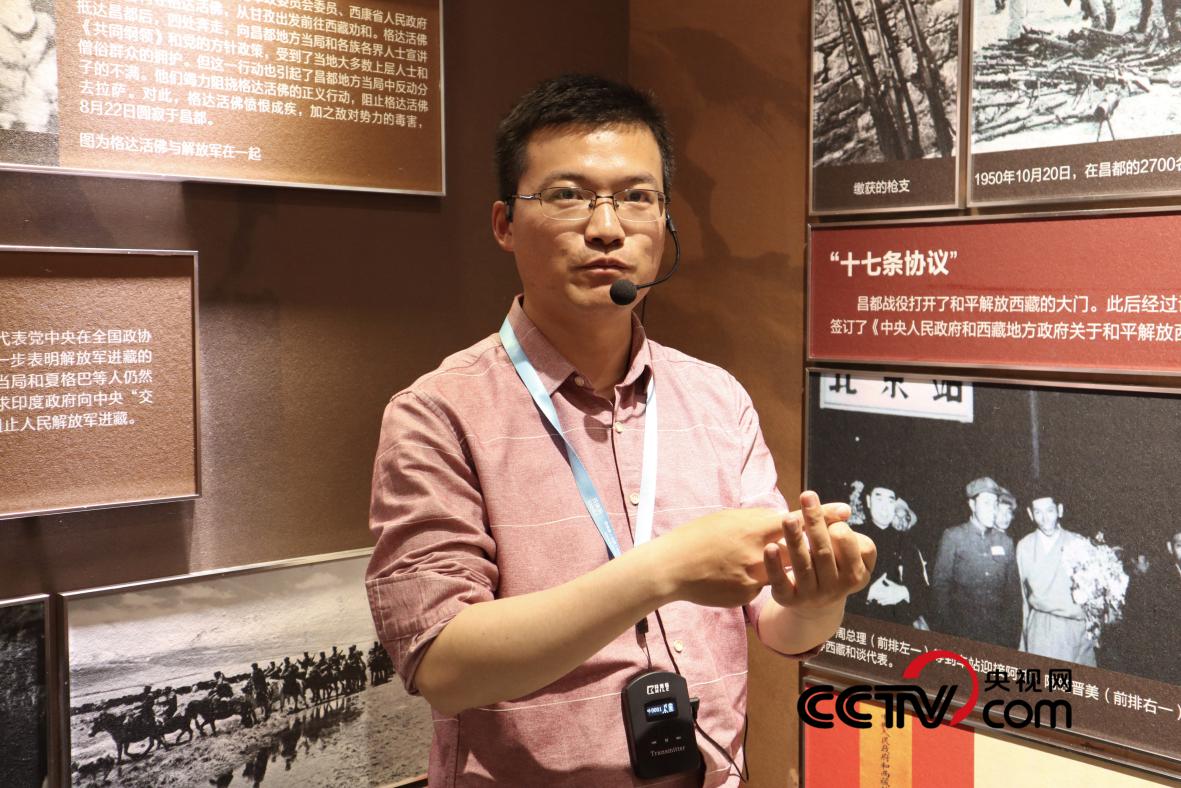
(Jasmine Zhang Chong is explaining the history of the 18 th Army’s entry into Tibet. Photographed by CCTV reporter Wang Jingyuan)
Zhang Qingchong, 29, now knows a lot about Bomi’s history and geography. More than once, after listening to his explanation, someone went to ask him if he was a local of Bomi. Whenever someone praises him for speaking well, he always replies, "Old comrades are the creators of stories, and I’m just a porter. It’s not how well I speak, but the stories of old comrades are touching enough."
But at first, Zhang Qingchong didn’t rush to these stories.
For Zhang Qingchong, the initial search for veterans of the 18 th Army was just a work task. Every time they arrive at the old man’s house, they always pull Jasmine Zhang to tell him the story behind each photo, but Zhang Qingchong doesn’t have the heart to listen. On the surface, he just wants to get the photos to finish the exhibition early. Even later, as soon as he heard that the other party had never worked in Bomi, he gave up the contact interview directly. "What does he have to do with me as an old soldier of the 18th Army? He’s not in Bomi. How can he help us with the exhibition? "
Until the sudden death of an old soldier of the 18th Army, like a stone thrown into a calm lake, some heavy facts that had been deliberately ignored surfaced, and Zhang Qingchong had to rethink the significance of this job.
"I was still listening to his story at noon the day before, and the next day I received a phone call from his daughter saying that his father had passed away." Jasmine Zhang chong began to realize that it was urgent to visit veterans. These meritorious old people who have climbed snow-capped mountains, crossed glaciers and built roads have been left behind at the end of the new era. They are eager to talk. At the last moment of their lives, what they can’t give up is the youth dedicated to the snowy plateau. "I think I used to be vulgar and utilitarian."
Change happens here. Once again, when I came to Chengdu Veterans’ Retirement Center, Zhang Qingchong wanted to have a chat with all the veterans of the 18th Army, regardless of whether they had worked in Bomi before. Even if some revolutionary old people have never been to Tibet, Zhang Qingchong will buy some fruits to see them. Some old people don’t have any old photos, but Zhang Qingchong will still carry the camera in the past. "I don’t have an interview outline, so I will listen to his stories and chat with him." Later, Zhang Qingchong took another two months to revisit the old man who only asked for photos from the other party before.

(Photo courtesy of Zhang Qingchong and veteran Yan Jiaqi)
In the face of the stories of these veterans, Zhang Qingchong didn’t want to hear them at first, then dealt with them, and finally listened with his ears upright. "These old people are like a river. It may be difficult for you to approach them at first, but once you touch that point, the river will ‘ Break the bank ’ At this time, they will tell you crazily, and it is difficult for you not to let him talk. " Every time the old people open their hearts to Zhang Qingchong, he will feel happy from the heart.
Every time he goes on a business trip to visit veterans, Zhang Qingchong will be stimulated by some details. He is moved by the pure Tibetan complex and heavy revolutionary feelings of the older generation. He found that many old comrades who have left Tibet for decades still like to eat Ciba and drink buttered tea. They can speak fluent Tibetan and write standardized Tibetan. There is a portrait of Potala Palace on the wall at home, a Tibetan daily on the desk, and the first channel on TV is Tibet Satellite TV.
Meng Guilin, a descendant of Meng Xianmin, a veteran of the 18th Army, once told Zhang Qingchong that every time there was news related to Bomi in the news broadcast, her father always asked her to record it with her mobile phone, and then she watched it over and over again with reading glasses and a magnifying glass, and paused for a second, unwilling to miss any frame.
Zhang Qingchong felt that he was guarding Tibet and Bomi for his old friends thousands of miles away. "Working and living in the depths of the mountains, the reason why I won’t feel lonely is because I have so many forgotten friends." In this action to save historical memories, Zhang Qingchong visited a total of 212 veterans of the 18 th Army and their descendants. He regards these old people as bosom friends and confidants. "A bosom friend is an appropriate tacit understanding, and a bosom friend is a perfect friend.".
From "Old Tibet" to "Little Tibet"
Among the many friends who have forgotten the new year, Lian Youxiang is the most special one for Zhang Qingchong.
Luoyu area is located in the southeast of Tibet, starting from Chayu in the east, reaching Menyu in the west, reaching the traditional custom line of the Sino-Indian border in the south and the vast area south of great bend in the Yarlung Zangbo River in the north, involving the whole territory of Medog County in Tibet, and its geographical position is extremely important. In the summer of 1952, the China People’s Liberation Army first entered the Luoyu area, and Lian Youxiang was the leader of the PLA working group in Luoyu at that time.
At that time, the People’s Liberation Army didn’t know anything about Luoyu, and didn’t even have an administrative division map. Lian Youxiang led the soldiers to climb the Suila Mountain and walk on the ice slope with the back of a knife. When passing through some sections, the head of the person behind almost touched the heel of the person in front. The higher you climb, the steeper the mountain is, and it is difficult to stand. Climb up and slide down, then climb up and slide down. They stick their bodies on the cliffs, dig at the crevices with their hands, and try to stand on the stone nest with their toes. They are too nervous to say anything, let alone look down, and move slowly like geckos. Many years later, when Lian Youxiang and Zhang Qingchong recalled this scene again, they still had a lingering fear.
Due to various historical reasons, Lian Youxiang’s situation in Tibet was not smooth, but the old man was always optimistic. "The two most meaningful things in my life are that I met my lover and met this old man. Every time I have a hard time at work, just give him a call, and I will go home happily singing and humming at once. Compared with Lian Lao’s tortuous life, the injustice I experienced is nothing at all."

(The descendants of the 18 th Army returned to Bomi Red House. Photo courtesy of the interviewee)
When getting photos is no longer the only purpose, Zhang Qingchong gains more things than interviews. Once Zhang Qingchong went to Chengdu to interview an old soldier, and the other’s daughter offered to charge a fee according to the shooting year of the photo. "This old man was sitting on the rattan chair in the living room, fanning his fan leisurely. At that time, I thought how he was so boring and didn’t help me say a few words." When he was about to leave, he stopped Zhang Qingchong and asked him to leave his contact information. "I’m ‘ Old Tibet ’ , you are ‘ Little Tibet ’ When I miss Bomi, I will ask you to take some photos and videos for me. "
Half a month later, Zhang Qingchong received a WeChat from his father, "Xiao Zhang, my daughter is not at home today". Zhang Qingchong quickly dialed the phone. The old man said that he would donate the photos to Bomi. The two quickly reached a consensus. He remotely instructed the old man to turn on the computer, pack photos and log in to the mailbox. After the photo was successfully sent, the old man specifically told him: "We are working underground, don’t let my daughter know about it." Every time I tell this story, Zhang Qingchong can’t help feeling that two generations have completely different attitudes towards money.
Every time he returns to Bomi after an interview, he always spends a lot of time sorting out the recordings and videos. This job requires people to calm down and do it. For this reason, he almost put off all the parties and devoted himself to these veterans. "When I was in college, I was a student union cadre, and my favorite thing was social entertainment."
Zhang Qingchong can clearly perceive that his life is changing. He finds that there is less and less common language with the people around him. On the contrary, his old friends in the distance always worry him. Entering "Eighteen Armies" in Zhang Qingchong’s WeChat search field, there are more than 20 group chats. When he goes back to the mainland for vacation, he always stays in Chengdu for a few days to have tea and chat with the old people.
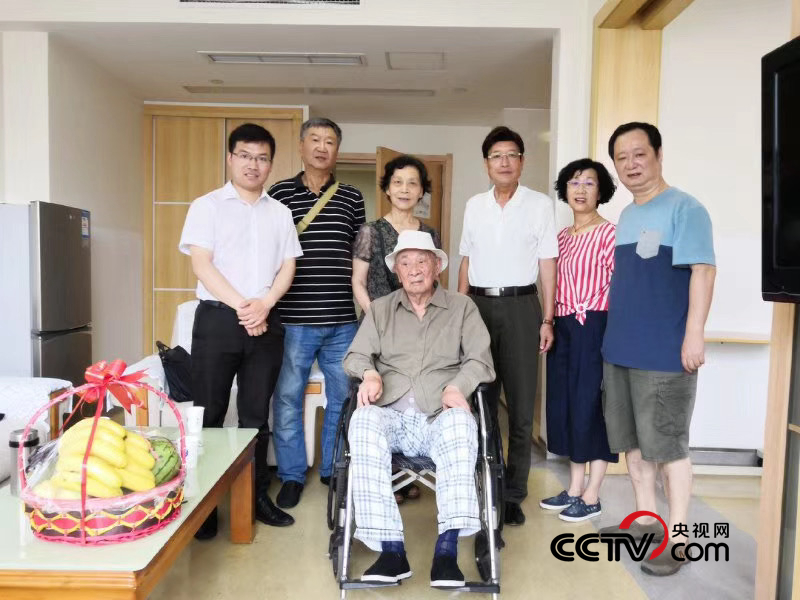
(Photo courtesy of Jasmine Zhang Chong and veteran Dai Yixin and his descendants)
In two and a half years, Zhang Qingchong has traveled for more than 400 days, collecting 24 million words of materials, more than 140 physical materials, more than 40 old comrades’ manuscripts and more than 1,800 old photos, basically sorting out the red historical context of bomi county and even Linzhi City.
Although he has devoted all his thoughts to this, time is still not enough. Many times, Zhang Qingchong feels that he is racing against time. "Of the 212 old people we visited, 12 left in 18 years, and increased to more than 30 in 19 years. At the end of 20 years, we counted 71. Have you found that if these figures are connected into a line chart, this line will become steeper and steeper?"
There is a stack of yellowed diaries on display in the Red Chamber, totally 17, which span from 1949 to 1966. The historical context of Bomi area is not clear enough, but it is clearly recorded in the diary. People, time and events are like a local chronicle.
The owner of the diary is an old soldier named Wang Xiaoyu, who used to be the secretary-general of Bomi Sub-committee. When Zhang Qingchong found Wang Xiaoyu, the 99-year-old man was already a terminal cancer patient. On his desk, it was a memoir manuscript that he had just started writing but had no time to finish.
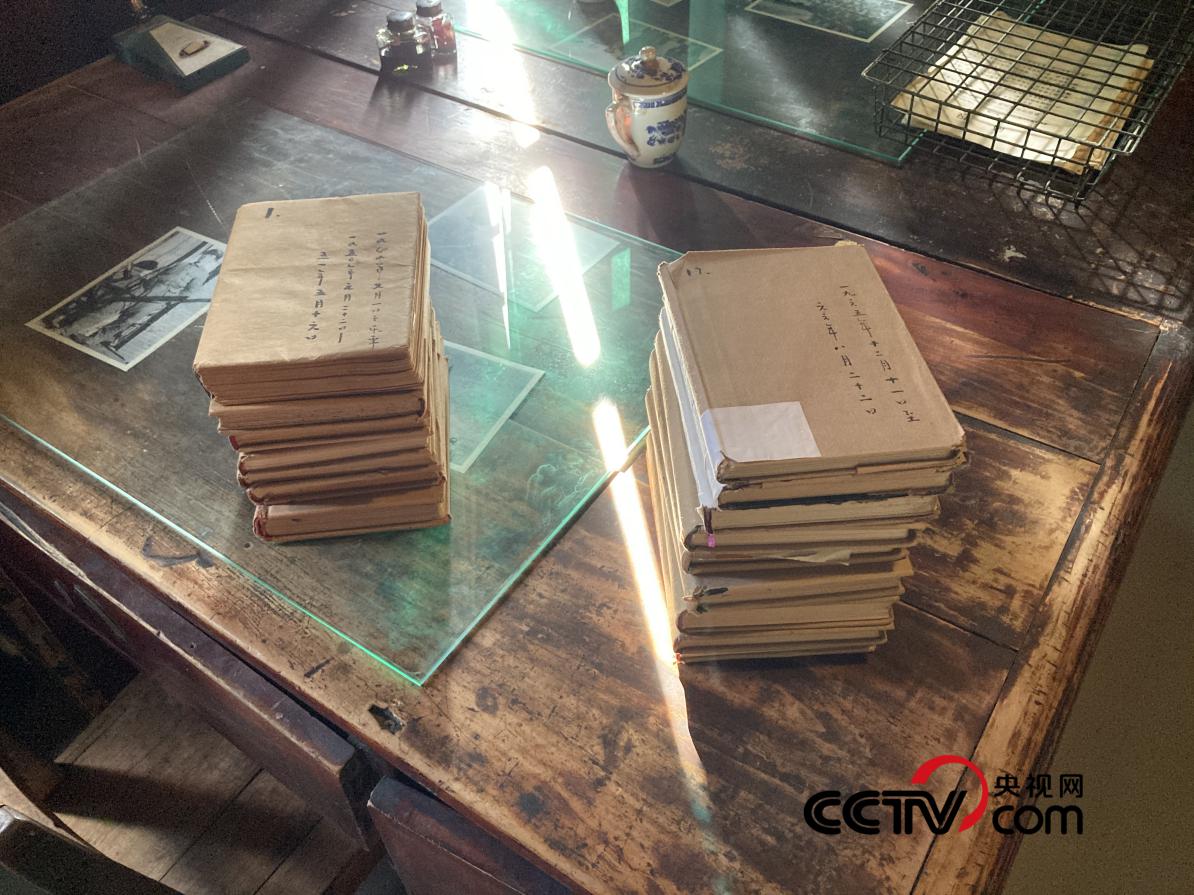
(Photo courtesy of 17 diaries of Wang Xiaoyu’s old man)
After contacting these old people, Zhang Qingchong found that there is actually more than one way to live in life. Sometimes when a person returns to his residence after work, he will dig out the interview video of the old man. Once he watched Yan Jiaqi’s video until 4 am. "In fact, I can recite all these videos. I know the next sentence after they finish the last sentence, but I don’t know why I just like listening to them, as if life has returned to a very quiet state."
During the 130,000-kilometer trip, in three years, Zhang Qingchong went to Lhasa, Qamdo, Linzhi, Chengdu, Zhengzhou, Beijing, Xianyang and other places many times. After interviewing 212 veterans, he found that he didn’t want to leave Tibet.
In July this year, the scheduled five-year trip to Tibet expired, but Zhang Qingchong chose to stay in Bomi and continue the work of visiting veterans. "I originally had only five years of fate with Tibet, but now it may become a lifetime."

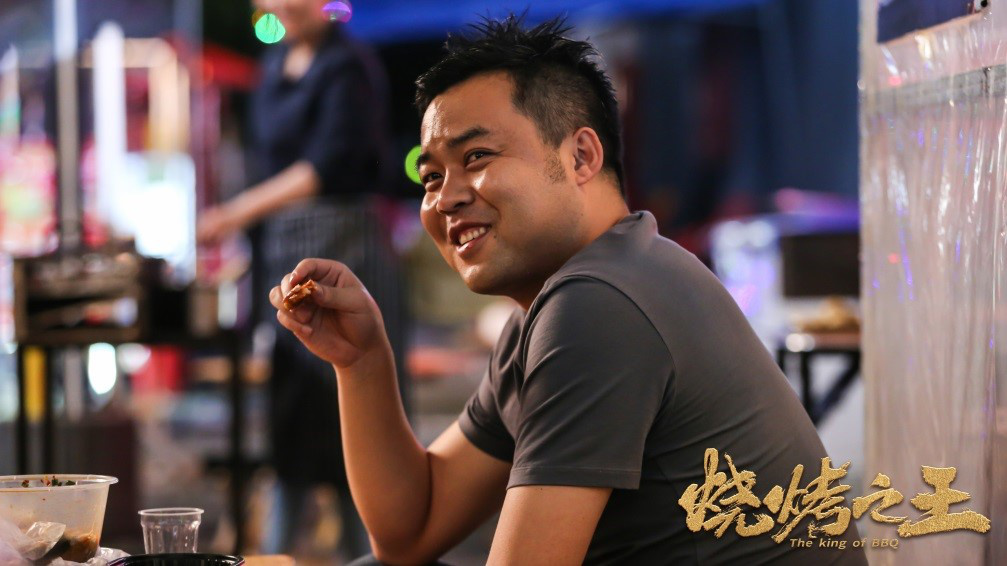
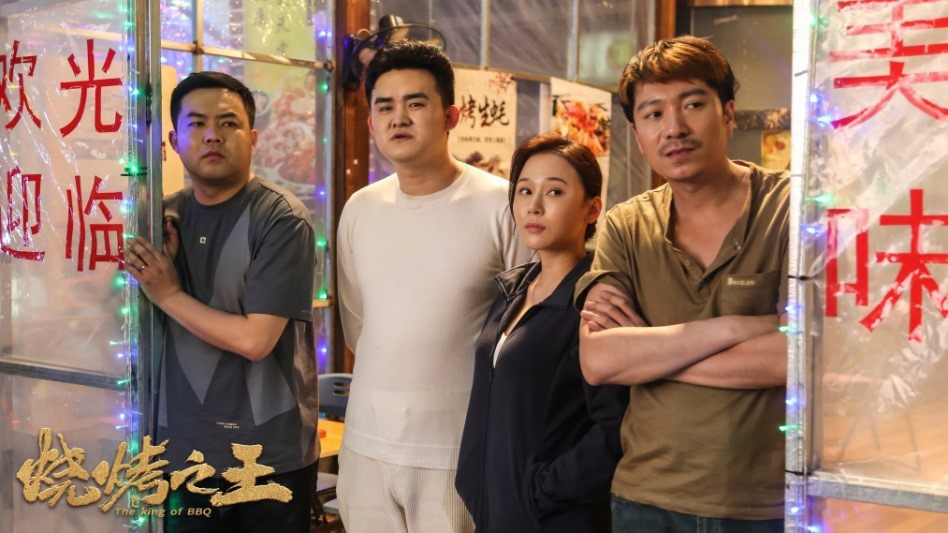
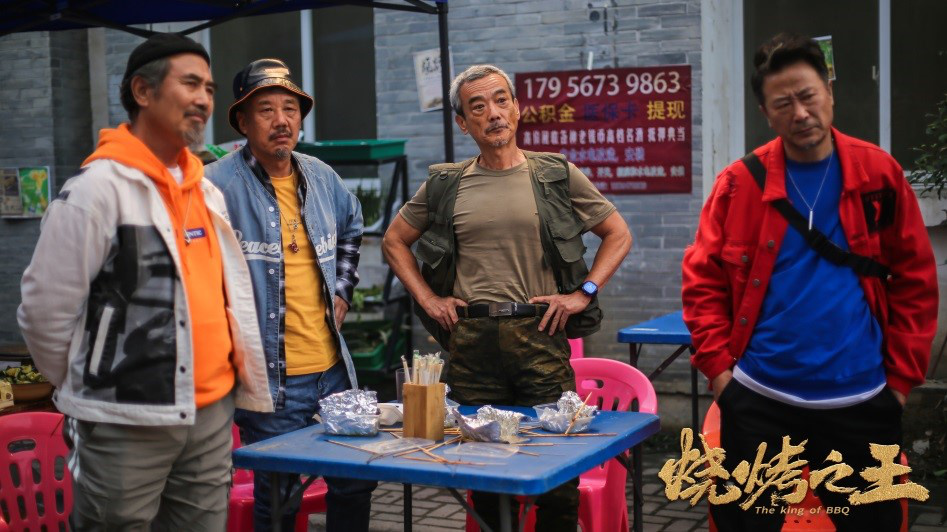
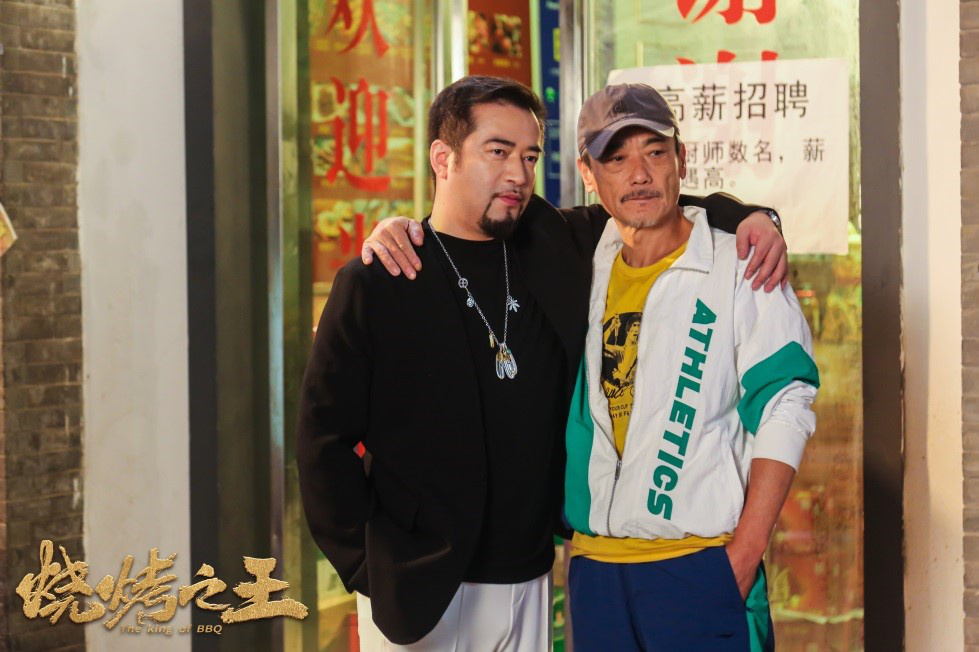
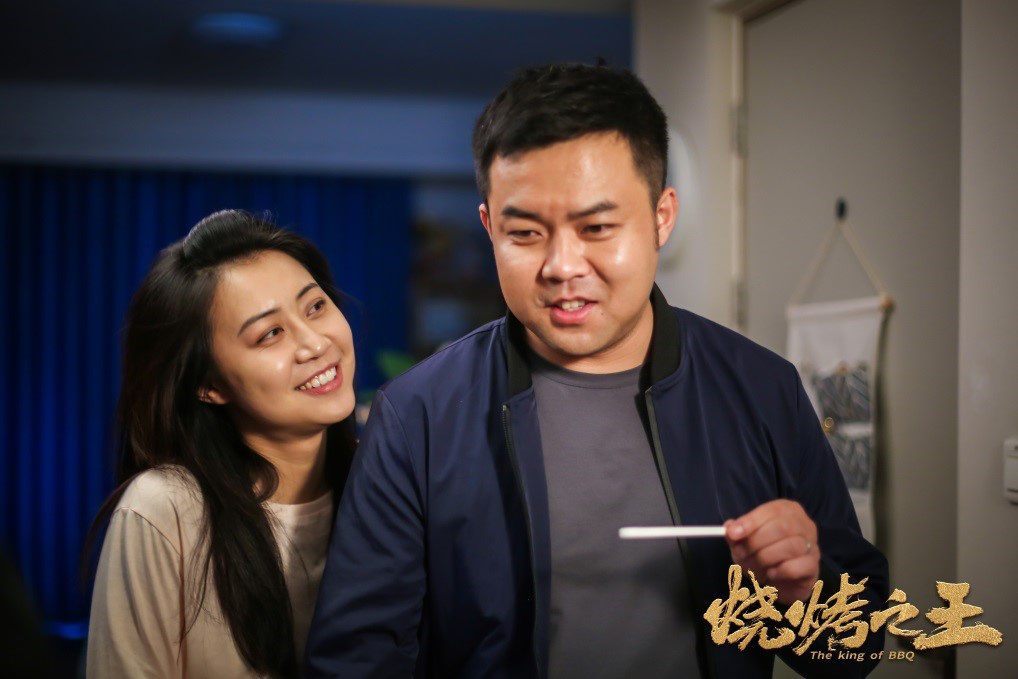




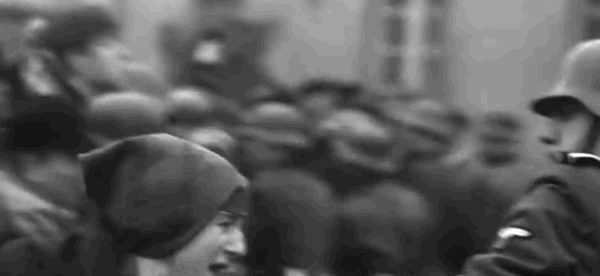
 Poster of Schindler’s List
Poster of Schindler’s List